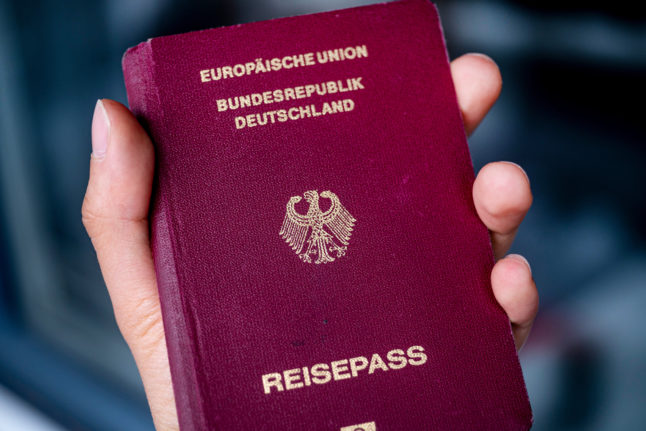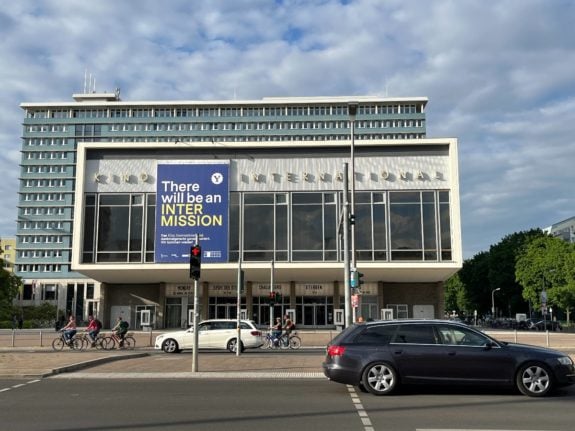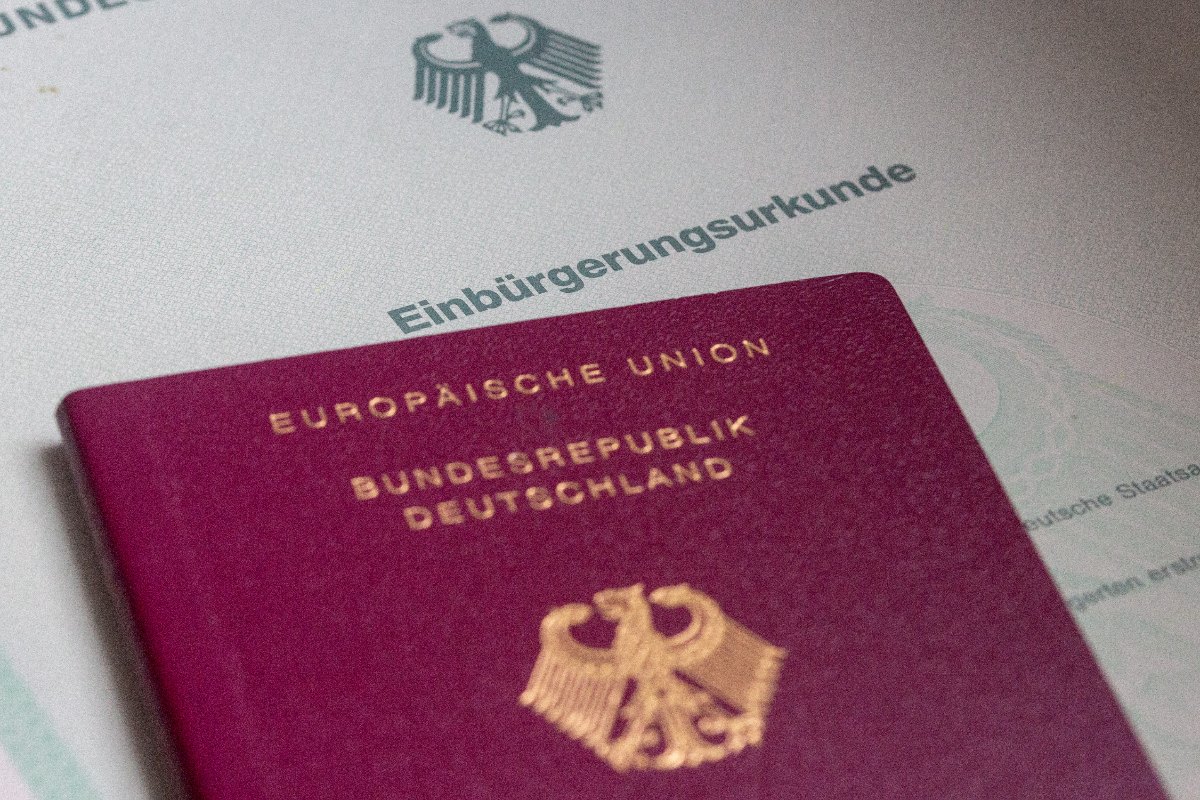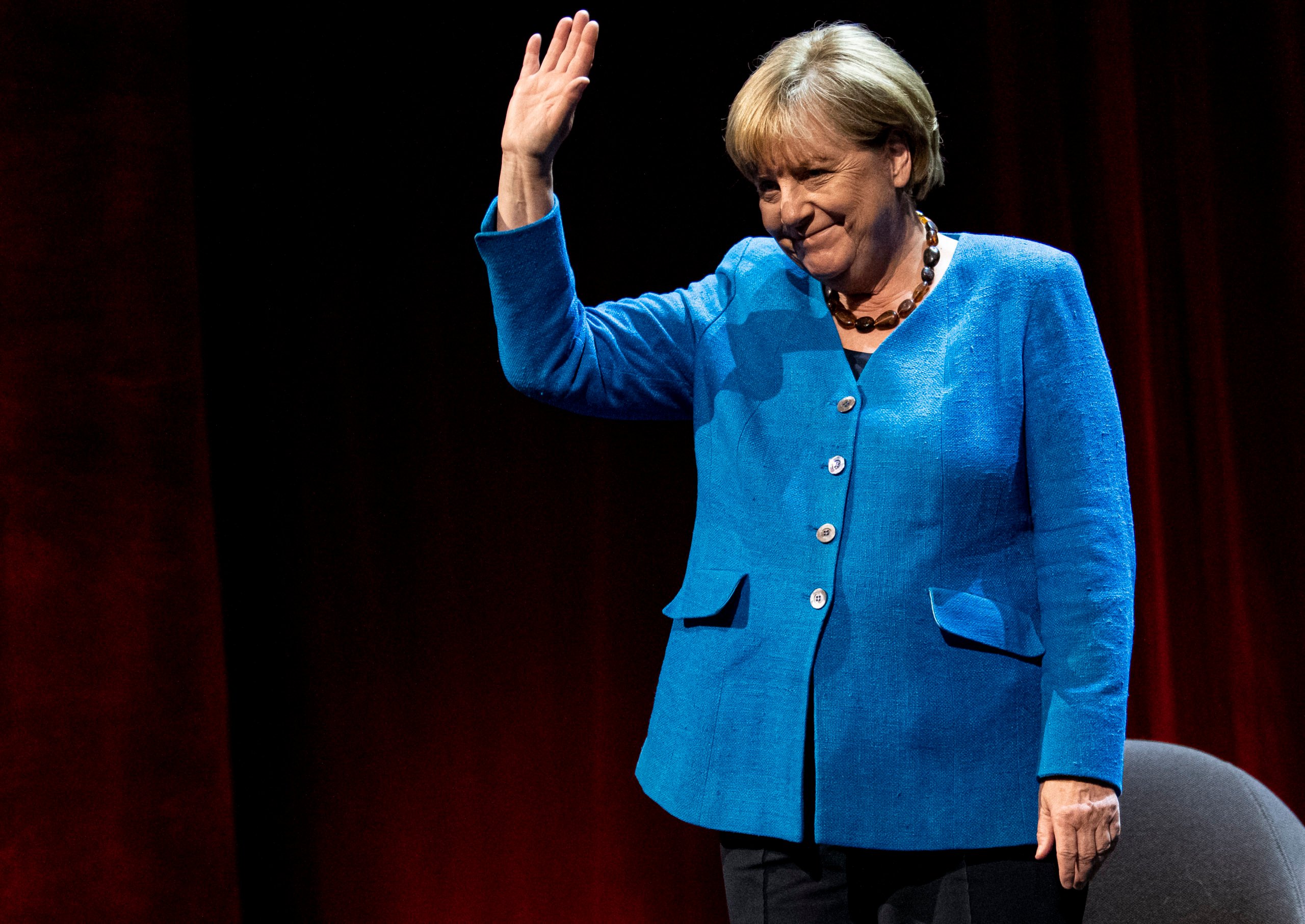Whether it’s inflation support, more affordable public transport, citizenship law changes or travel – there is plenty to look forward to in Germany this year.
Cost of living support
This year sees the rollout of several government packages on taxes and benefits, as well as additional measures to help people cope with rocketing inflation in Germany.
Some are designed to transfer more money to the recipients through various benefits, while others allow you to keep more of your earnings in the first place.
From more people being able to apply for Wohngeld (housing allowance) to extra ‘home office’ support and higher child benefits, they are designed to leave people – especially those in vulnerable positions – with more money in their wallets during these tough times.
READ MORE:
- Everything that changes in Germany in 2023
- Which German benefits are increasing in 2023 – and how can I claim them?
Energy price caps
In the face of spiralling energy costs, Germany is introducing price caps on gas and electricity. The price brake will come into force from March this year, but will apply retroactively from January 2023, and last until April 2024.
It caps gas prices at 12 cents per kilowatt hour (kWh) and electricity at 40 cents for 80 percent of usage, based on last year’s consumption.
Germany had been highly reliant on Russian energy but has been forced to wean itself off crude, coal and gas from the power giant after Moscow invaded Ukraine on February 24th last year.
However, the Bundesrepublik has been working to find alternative sources of energy. New terminals for importing liquefied natural gas (LNG), for instance, are expected to help. In December, Germany opened its LNG terminal in the North Sea port of Wilhelmshaven.
Cheaper public transport
Last year saw the summer of the €9 ticket. Travel on public transport throughout Germany cost just €9 per month during June, July and August. That won’t be repeated – but the €49 monthly ticket is coming.
Due to start on April 1st or May 1st (this is still up in the air) this ticket will provide some relief and more affordable public transport across Germany. People will be able to ride buses, trams, the U-Bahn and even regional trains on the ticket.
Travellers will be able to purchase the ‘Deutschlandticket’ as a monthly subscription.

Much better public holidays
2023 is a good year for public holidays in Germany.
In contrast to 2022, more public holidays in 2023 fall on weekdays again, meaning that more people get the day off.
Unlike other places like the UK and the USA – Germany doesn’t move a public holiday to a weekday if it falls on the weekend. That meant 2022 was a terrible year for employees being able to get their well-earned time off.
This year is much better. May 1st, for instance, is on a Monday this year and the two Christmas holidays fall on a Monday and Tuesday.
READ ALSO: When are Germany’s state and national public holidays in 2023?
Dual citizenship will be allowed
It’s been a long-time coming – but this year, Germany is set to pass new laws that will see the country allow dual citizenship for non-EU nationals.
Germany’s Interior Ministry is set to present its draft citizenship reform law to the Bundestag for debate in either January or February.
The law, once approved, will allow non-EU nationals naturalising as German to keep their other passport by default. Right now, they usually have to give it up unless they fall into one of the exceptions, or prove they have a special case.
The law will also shorten the time it takes that someone needs to have been resident in Germany from eight years to five – and in some cases – even three years.
MPs have told The Local they expect the law to pass by summer 2023.
INTERVIEW: Germany on track to pass dual citizenship laws despite opposition

The Covid situation has eased dramatically
After almost three years of restrictions, fear, deaths and hospitalisations, the coronavirus pandemic seems to have reached a new endemic phase.
It means people can generally resume their everyday lives, although they are urged to stay up to date with vaccinations and take care around vulnerable people.
Several experts in Germany consider the Covid pandemic to now be endemic.
Virologist Christian Drosten told the Tagesspiegel recently: “We are experiencing the first endemic wave with Sars-Cov-2 this winter. In my estimation the pandemic is over.”
READ ALSO: Calls to end Covid measures as top virologist deems pandemic ‘over’
Concerts, events, travel and more
2023 is set to be the first year since the pandemic started with little to no restrictions in place (and we hope it stays that way!) That means you can travel to a lot of places much more freely, whether it’s domestically, in Europe or to destinations around the world.
Germany also has lots of events returning without restrictions this year, such as carnival, book fairs, open-airs – or even the Leipzig Marathon, which takes place on April 18th. Get out there and enjoy them!
READ ALSO: Eight unmissable events in Germany in January 2023





 Please whitelist us to continue reading.
Please whitelist us to continue reading.
Member comments